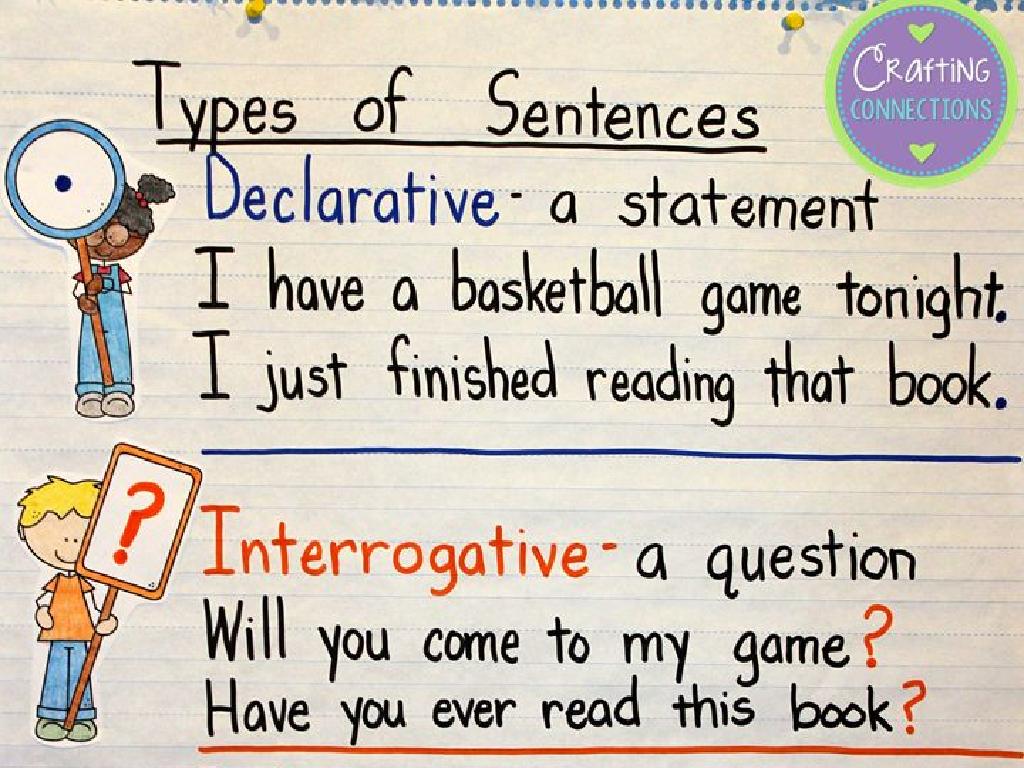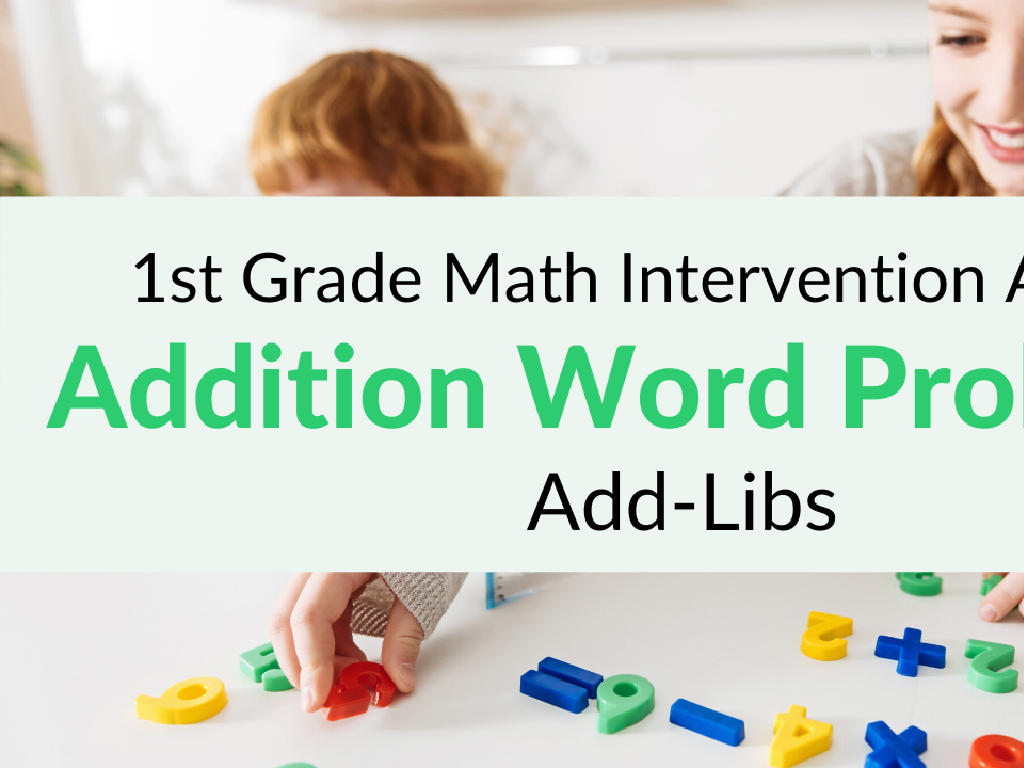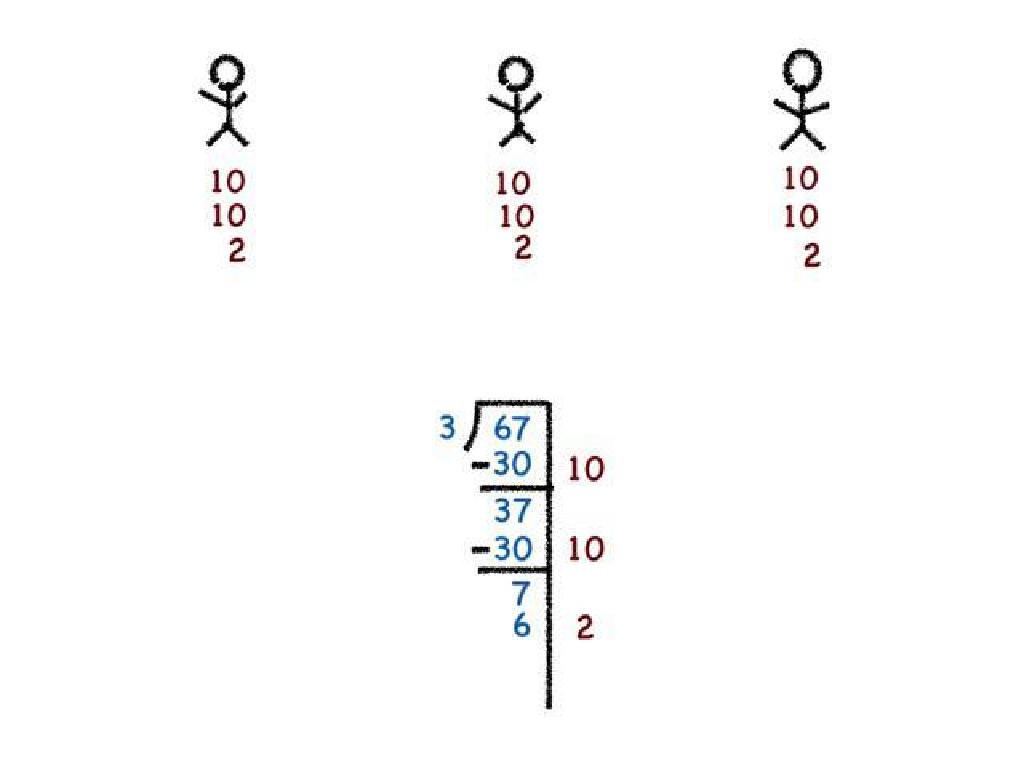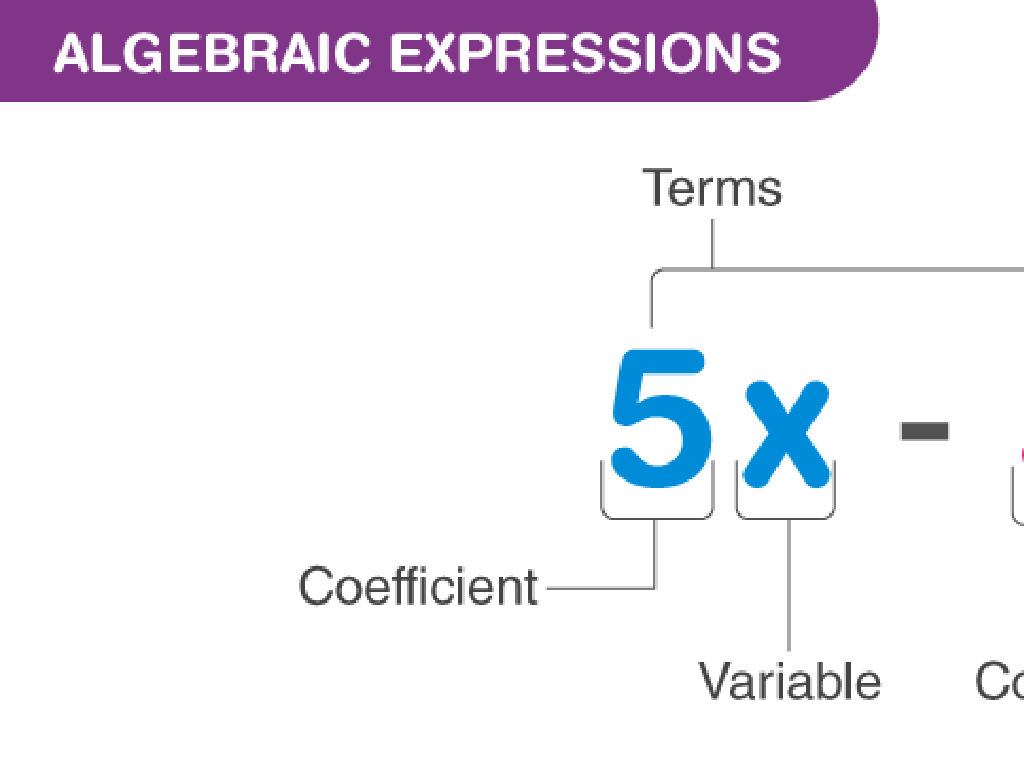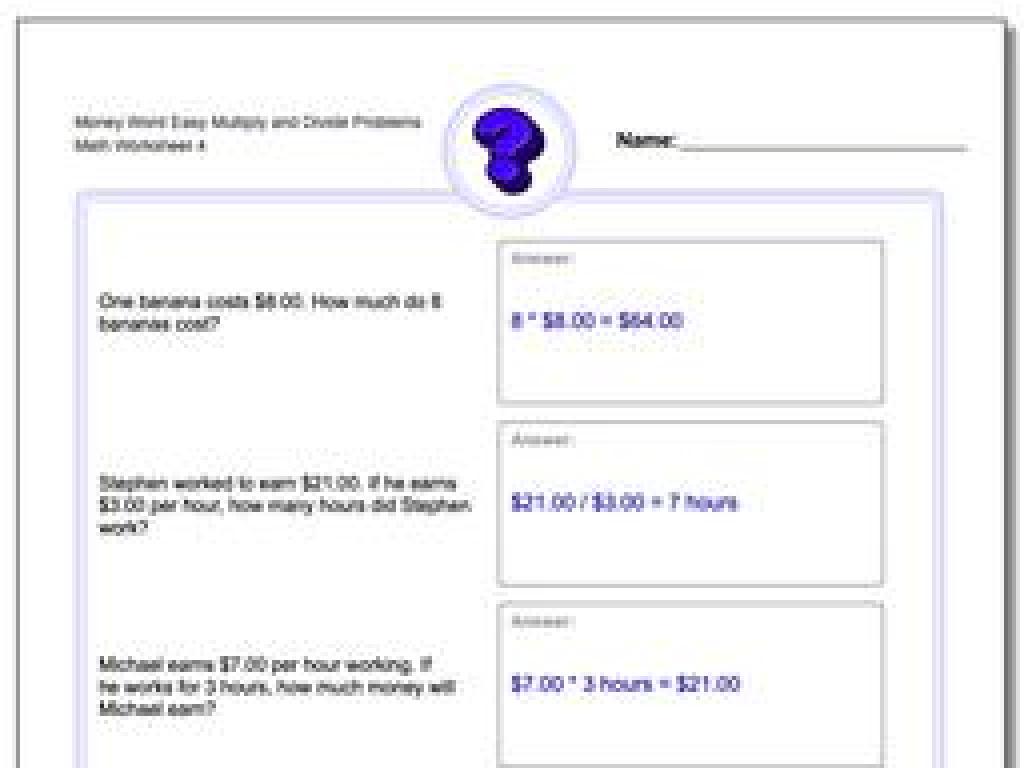Find The Short U Word
Subject: Language arts
Grade: Pre-k
Topic: Short U
Please LOG IN to download the presentation. Access is available to registered users only.
View More Content
Welcome to Short ‘u’ Sounds!
– Greet our little explorers
– Today’s vowel adventure
– Learn the short ‘u’ sound
– The short ‘u’ sounds like ‘uh’, as in ‘cup’ or ‘pup’
– Practice with fun words
– We’ll find words like ‘mud’, ‘hug’, ‘bug’, and ‘sun’
|
This slide is designed to introduce Pre-k students to the short ‘u’ sound in a fun and engaging way. Start with a warm greeting to make the children feel excited about the day’s lesson. Explain that they will be going on an adventure to learn about vowels, specifically focusing on the short ‘u’ sound. Use simple words that they are likely to know, such as ‘cup’ or ‘pup’, to demonstrate the sound. Encourage the children to repeat the sound after you. Plan a few interactive activities where they can practice identifying the short ‘u’ sound in various words. You can use visual aids, such as pictures of objects that contain the short ‘u’ sound, to help them associate the sound with the words. Make sure to praise their efforts and keep the energy high to maintain their interest and excitement.
Discovering Vowels: The Letter U
– Vowels are special alphabet letters
– There are five vowels: A, E, I, O, U
– Today we focus on ‘U’
– ‘U’ makes the ‘uh’ sound in ‘up’
– Like in ‘umbrella’, ‘under’, and ‘upset’
|
This slide introduces the concept of vowels to Pre-K students, focusing on the vowel ‘U’. Begin by explaining that vowels are unique letters that help us make words. Highlight that there are five vowels and today we will learn about ‘U’. Emphasize the short ‘u’ sound, which is like the sound in ‘up’. Use visual aids like pictures of an umbrella, something under another object, and a facial expression for ‘upset’ to help students associate the sound with the letter. Engage the students by asking them to repeat the sound after you and to think of other words that have the same sound. This will help them in recognizing and reading the short ‘u’ sound in words.
The Short ‘u’ Sound
– ‘u’ as in ‘umbrella’
– Think of the sound at the start of ‘umbrella’
– It sounds like ‘uh’
– The sound is short and soft, like in ‘up’ or ‘under’
– Practice saying ‘uh’
– Let’s say ‘uh’ together to learn the sound
– Listen and repeat ‘uh’
– I’ll say ‘uh’, and you echo me
|
This slide introduces the short ‘u’ sound to Pre-K students, using ‘umbrella’ as a familiar example. Emphasize the ‘uh’ sound and encourage the children to mimic the sound after you. It’s important to repeat the sound several times and in different words so they can recognize and practice it. Engage the students by asking them to say ‘uh’ with you and then individually. This interactive approach helps with auditory discrimination and phonemic awareness, which are crucial skills at this developmental stage. You can further extend the activity by asking students to find objects in the classroom that have the short ‘u’ sound.
Finding Short ‘u’ Words
– Words with short ‘u’ sound
– Examples: ‘cup’, ‘pup’, ‘sun’
– ‘u’ is in the middle
– Say words aloud
– Practice with ‘mud’, ‘hug’, ‘bug’
– Listen for the ‘uh’ sound
– Does it sound like ‘uh’ in ‘duck’?
|
This slide is aimed at helping Pre-k students recognize and pronounce the short ‘u’ sound in words. Start by explaining that the short ‘u’ sound is like the ‘uh’ in ‘umbrella’. Encourage the children to look for words that have the letter ‘u’ in the middle and practice saying them out loud to hear the short ‘u’ sound clearly. Use visual aids like pictures of a cup, sun, and pup to help them associate the words with the sound. Have the children repeat the words after you, ensuring they articulate the ‘uh’ sound. This auditory and visual association will help solidify their understanding of the short ‘u’ sound in words.
Finding the Short ‘u’ Sound
– Examples of short ‘u’ words
– Words like ‘mug’, ‘sun’, ‘pup’
– ‘u’ is in the middle
– The letter ‘u’ comes between two consonants
– Practice saying the words
– Listen for the short ‘u’ sound
– Can you hear the ‘uh’ sound in each word?
|
This slide introduces the concept of the short ‘u’ sound to Pre-K students. Start by presenting the examples ‘mug’, ‘sun’, and ‘pup’, emphasizing the ‘uh’ sound made by the letter ‘u’ when it’s in the middle of a word. Engage the class by saying the words together and listening for the short ‘u’ sound. Encourage the students to repeat after you, ensuring they understand the sound that the short ‘u’ makes. You can also use visual aids like pictures of the words to help them associate the sound with the objects. The goal is to make them familiar with the sound and able to recognize it in other words.
Let’s Practice Finding the Short ‘u’ Sound!
– I’ll show you words one by one
– Listen for the short ‘u’ sound
– Like in ‘cup’, ‘pup’, ‘sun’
– Thumbs up if you hear it
– Thumbs down if you don’t
|
This interactive activity is designed to help Pre-k students recognize the short ‘u’ sound in words. Display words visually and pronounce them clearly, one at a time. Encourage the children to listen carefully and decide if they hear the short ‘u’ sound as in ‘umbrella’. If they do, they should respond with a thumbs up, and if not, a thumbs down. This will help them associate the sound with the physical action, reinforcing their learning. Possible words to use: ‘bug’, ‘mud’, ‘sun’, ‘cup’, ‘pup’, ‘fun’, ‘run’, ‘cut’. Avoid words that are too complex or have different vowel sounds. Make sure to praise their efforts to build confidence.
Class Activity: Short ‘u’ Word Hunt
– Explore the classroom for a word hunt
– Find objects with the short ‘u’ sound
– Look for ‘u’ as in ‘cup’, ‘pup’, ‘sun’
– Team up for the hunt
– List your short ‘u’ discoveries
– Write down or draw the objects you find
|
This interactive activity is designed to help Pre-k students recognize and understand the short ‘u’ sound in a fun and engaging way. By exploring their immediate environment, students will learn to associate the short ‘u’ sound with common objects they encounter daily. Encourage them to work in pairs to foster teamwork and communication skills. As a teacher, prepare to guide them with examples like ‘cup’ or ‘pup’ and assist them in creating their lists. After the activity, have a discussion where each pair shares their findings, reinforcing their learning and allowing them to hear the short ‘u’ sound in different words. This will also help in developing their vocabulary and phonemic awareness.
Celebrating Short ‘u’ Mastery
– Congratulations on your achievement!
– You’re now experts on the short ‘u’ sound
– Time for a well-deserved applause
– Clap your hands for each other’s hard work
– Keep practicing at home!
– Try to find short ‘u’ words in your favorite books
|
This slide is meant to congratulate the students on their hard work in mastering the short ‘u’ sound. It’s important to celebrate their success to build confidence and reinforce their learning. Encourage the students to give themselves and their classmates a round of applause to acknowledge their effort. Remind them that learning is an ongoing process and to continue practicing at home, perhaps by finding short ‘u’ words in their favorite stories or while reading with family members. This positive reinforcement helps solidify the concept and encourages a love for learning.

